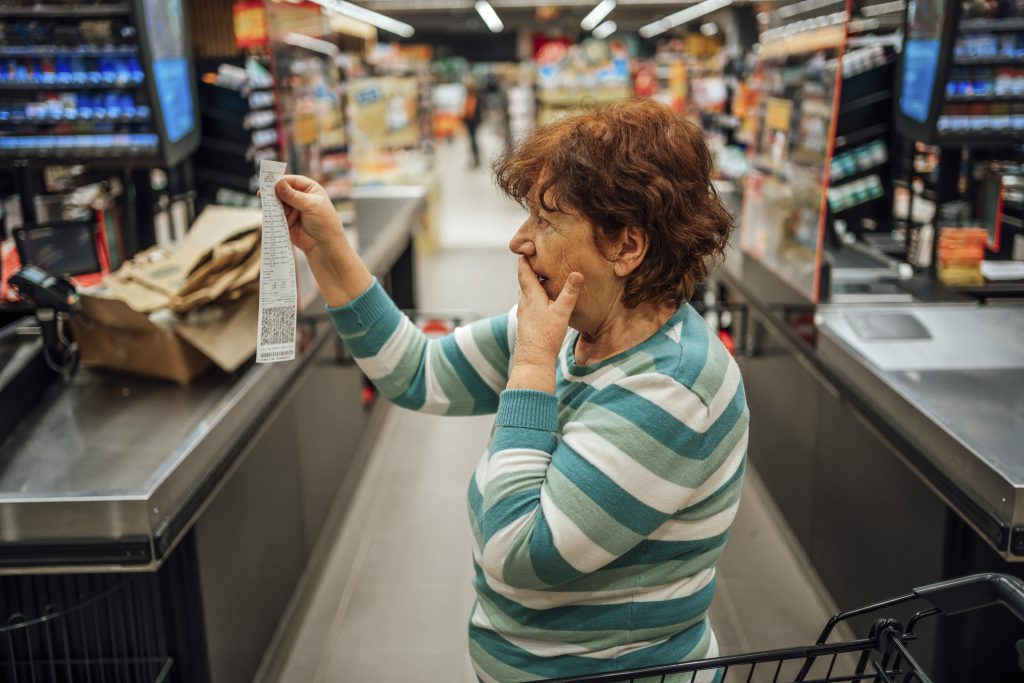Basket of essential items rose by up to 80% since 2020

A basket of basic essential items for a family of four has shot up by 37% in just four years, according to a study by Caritas. The spike was even more pronounced for elderly couples as it transpired that the cost almost doubled, while in the case of a single parent with two children the rise was a hefty 53%.
The results were published in the fourth edition of The Minimum Essential Budget for a Decent Living (MEBDL), which is a detailed study carried out by Caritas in collaboration with academics and various experts.
According to this study a household comprising two adults and two dependent children (up to 16 years old) in 2024 needs an annual income of €19,153 for a basket of essential items. The latter comprises eight categories: food, clothing, personal care, health, household good and maintenance, education, culture, gifts, transport and housing. When compared to the previous study held in 2020, it emerged that the annual cost of the basket rose by €5,207 which equates to 37%.
In the case of a single parent with two children the respective annual bill rose from €11,038 in 2020 to €17,012 in 2024 – an increase of 53%.
The biggest shock was for elderly couples whereby the annual cost which in 2020 stood at €8,156 shot up to €14,731 – an increase of 80%.
While acknowledging that each cohort was significantly impacted by the spike in cost of living by at least €5,000 annually, the report cautioned to treat the comparison with 2020 with ‘extreme caution’.
Such warning was sounded in view of the fact that some additions were made to the basked (such as increasing the hours of air conditioning use, monthly mobile top-up, rent rates, occasional taxi service, medicines and private doctor visits). Other changes were in the lifetime of the basic wardrobe clothes (from two years to one year), exceptionally high household maintenance costs which according the National Statistics Office had low reliability and the unusual economic period characterised by steep inflation.
The findings of these report tally with concerns which have been raised over recent years especially in the aftermath of the Covid-19 pandemic which triggered record-high inflation across various sectors especially food items. The upward inflationary trend was also reported in housing, amid a sharp increase population as well the household maintenance industry. On its part government tried to mitigate these effects by subsidising energy, fuel prices and cereals, increasing benefits to vulnerable households and lately rolling out a scheme to cap the prices of staple foods.
The full study can be accessed through this link.
